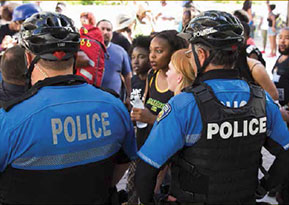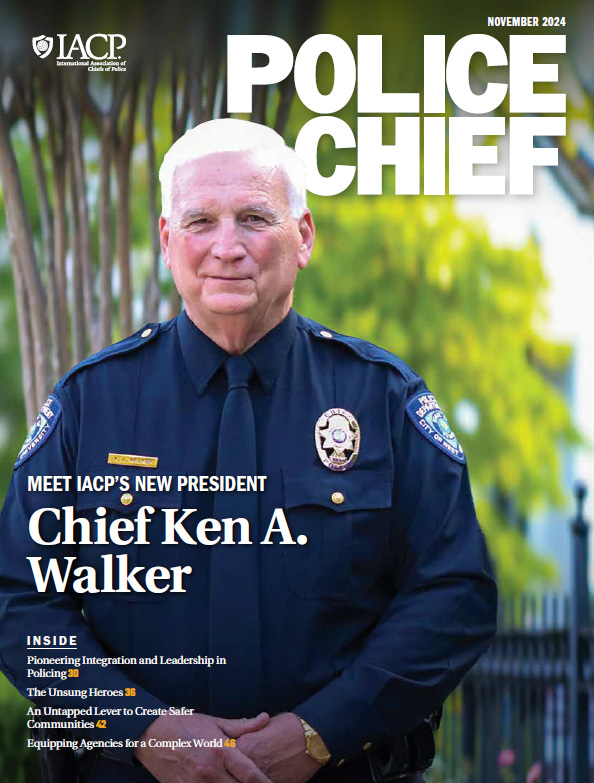
The New Orleans, Louisiana, Police Department (NOPD) has had its share of problems. Its history includes poor training; weak supervision; excessive force; racial profiling; biased policing; inadequate investigations; and, of course, the imposition of a federal consent decree in 2012. However, the department has worked hard to reinvent itself, and, while it still has a way to go to shed the vestiges of its past, the NOPD has shown itself willing to take bold strides down paths many other departments have feared to tread.
In June 2010, the NOPD engaged a civilian to run its internal affairs department. In November 2010, the department signed a formal cooperation agreement with the local independent police monitor, a position created by the voters of New Orleans to provide civilian oversight of the department. In 2012, the department rolled out one of the United States’ first, agency-wide body-worn camera programs. Throughout 2014 and 2015, the department developed and implemented a number of revised policies reflecting best practices in the areas of vehicle pursuits, uses of force, misconduct investigations, and discipline. And, in February 2016, in a move that flew in the face of the trend among police agencies (and state legislatures), NOPD took a strong stand in favor of transparency by implementing a formal policy promoting the prompt, voluntary public release of critical incident videos. Each of these actions shows courage, commitment, and confidence.


